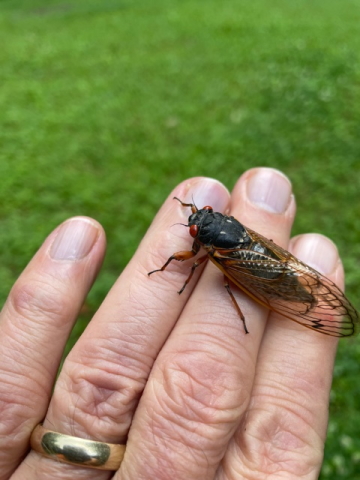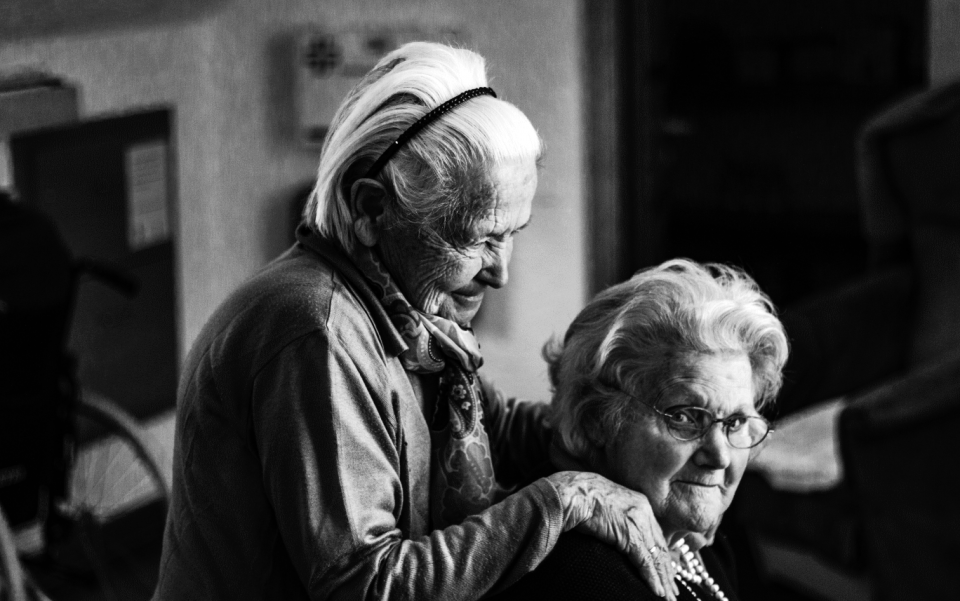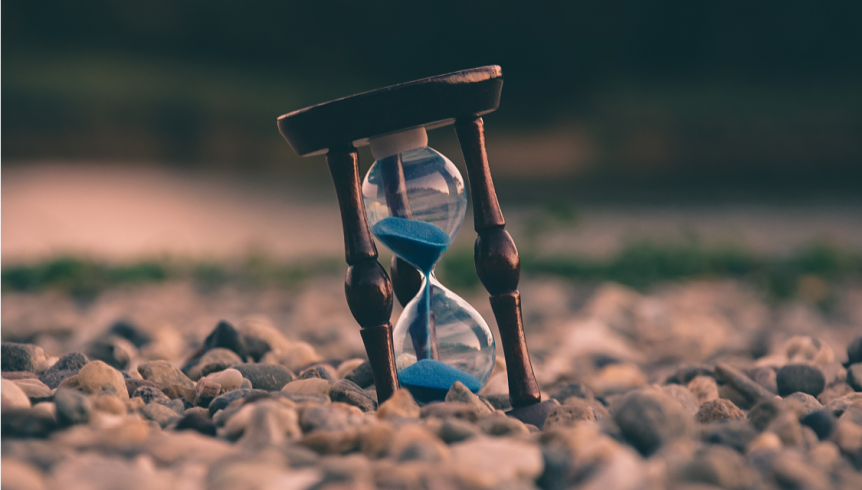“Wow! I thought we had a lot of cicadas at our house!” said the FedEx deliverywoman as she viewed the “too many to count” carcasses spread over our macadam driveway. “During the summer,” she went on, “I like to sleep with our bedroom windows open but I can’t stand to do that now because of the horrible noise they make.”
Her comments reminded me how much my own response to this rather large bug had changed in just a short span of time. Just days before I had encountered a couple of young children making a game of stomping on the cicadas fluttering on our rural road. Although I was no particular lover of the insects, I wondered if they had done anything to deserve their fate beyond being slow-moving and easy prey.
 I asked their father, who was sitting by and observing the gleeful carnage, “Do the cicadas hurt anything?”
I asked their father, who was sitting by and observing the gleeful carnage, “Do the cicadas hurt anything?”
Somewhat surprised, he said he didn’t know. I realized that beyond the well-known fact that the bugs emerge only once every 17 years, I didn’t know much about them myself.
When I got back to the house, I did what I usually do when I don’t know something: I asked Siri! What I learned was nothing short of amazing. The unique buzzing sound the cicadas make is actually a series of clicks created when the males (it is only made by males) flex their muscles; it is actually a mating song to attract a lady. How the “Queens” sort through this chorus to find their perfect suitor is totally beyond me!
Also in my research I discovered that the lifespan of the cicada is just two to four weeks! They certainly have to use that short time wisely to find a life partner and create a family together. Even though the human lifespan must seem like an eternity to the cicada, I felt an affinity with this bug and its fleeting time on this earth. Life is so short and so precious.
It struck home to me that this might be the last time I am around to hear the cicadas’ strange symphony. I’m 73 years old and another 17 years is not the “given” that I once assumed it was. At my age, reminders of the brevity and fragility of life come up more and more often. Health problems crop up with increased regularity, funerals of friends occur all too frequently, and every decision about the future must take into account potential declines and limitations, and yes, even death.
Over the past few years Rita and I have been visiting several total-life care communities within a 50 mile radius of our home in anticipation of taking that step. We recently spent three days at a community near West Chester.
The marketing department had chosen a few different couples to give us tours, have dinner with us, and show us their living units. One of our hosts stressed to us how important this decision was as we enter this next stage of our life journey because “this is where you are coming to die.”
Without thinking, I said curtly, “Actually we are exploring options where we can continue to live a blessed, meaningful, and exciting life. If we happen to die there, so be it!”
She looked at me, rather puzzled, and went on with our tour, while I was left to wonder what had provoked my brusque reply. What had triggered that defensive reaction? I have no real fear of death. Even though I don’t know what exactly happens to us beyond this life, I trust that since my “sneaky” God is in charge, it will be something good.
I realized it wasn’t the physical act of dying that frightened me, but what I consider a “dying” mindset. All too often I have seen folks step back from living and begin dying at some point.
“I no longer have anything to live for;” “There’s nothing to really look forward to;” “There’s no point,” they say.
It may be after a diagnosis (“The doctor says I only have six months to live”) or a reduction in physical abilities due to illness, injury or even just the natural process of aging.
It might come in a completely healthy individual after the death of a spouse or some other event which alters their understanding of living. A mother at her son’s funeral said to me, “This is backwards, Terry. Parents shouldn’t bury their children. There is no reason for me to go on living!”
A young Hispanic man sat in my office and said out loud, “I am gay which within my family, my religion, and to some degree within my culture is a pronouncement of death.” He accepted this “death sentence” as inexorable and utterly beyond his ability to alter, and gave up on any possibility of a happy or contented life.
It is not death that these people share, it is a renunciation of life. Instead of living, they have started dying. It is this—and not death itself—that I fear and vow to resist until my dying breath. I want to live until I die.
As our tour neared its end, I felt the need to apologize to our guide for my curt response earlier. I shared a little about why I had reacted to her statement—that I didn’t fear dying but adopting a “dying” perspective—which led to a deep and fruitful discussion about death.
It turns out we shared quite a similar perspective on the process of dying, and, in fact, that her beliefs on it were one of the things that drew her to this particular community. One of the unique aspects there is that many of the folks who live independently volunteer in the skilled nursing and memory support units. Instead of keeping the more challenged folk separate, every effort is made to integrate them into the community.

Photo by Eberhard Grossgasteiger on Unsplash.com
She went on to explain that residents of the memory support unit who are ambulatory have free rein of the facility and interact with the other residents freely. In the dining hall, you wouldn’t be surprised to be joined by a memory-impaired individual for your meal. And these members of the community were treated with dignity and respect.
This incredibly exceptional practice and what it said about the comfort level of the community with some of the scariest parts of the dying process excited me and set off a flood of questions. Even people like myself who are comfortable with death and the physical decline of illness and aging can be unnerved by the prospect of mental deterioration.
How would participating in a community like this—where the specter of infirmity and debility were always right in front of us—impact the quality of both our living and our dying? Could the fact that many of the folks who live independently volunteer in the skilled nursing and memory support unit affect the quality of my dying? Could my opportunity to connect with people dealing with the loss of their memory and even identity impact the quality of my living? Is this at least a partial definition of community?
Refusing to accept “dying” does not mean avoiding death or even the process of dying. Our death-denying culture seems determined to keep the aged and infirm hidden from view, to restrict dying to antiseptic hospital wards and cordoned off in hospice units. Unless and until it affects our own family or loved one, we have virtually no contact with death and dying. To me, that only makes them more unfamiliar and more frightening.
Paradoxically accepting death and the limitations that come as one nears it can actually make you more grateful for and plugged in to life. I have been fortunate to know folks who have allowed an acceptance of their own mortality to become a powerful wake-up call and to enhance their appreciation of the time they have left.
A former colleague shared this with me a few months ago: “The evening before she died, my wife called the entire family into the living room, along with the hospice volunteer, and said ‘This has been one hell of an exciting life with all of you, I couldn’t have asked for more! In fact, I have felt God‘s presence through each of you that ultimately allowed me to celebrate these last 10 months. I am asking you to celebrate that with me and I’m also challenging each of you to go on celebrating the life you have been given and continue growing in your understanding of God’s promise to be present with you come hell or high water!’”
Even as she was dying, she kept on laughing and loving and learning. She kept on living.
Thankfully I am not presently facing a terminal diagnosis (that I know of!), but I would like to approach life as if I were. Even the most mundane things become poignant and precious when they could be the last. I want to imbue life with a sense of awe, to live in and appreciate the present, to celebrate and become more thankful each day—rather, each moment—I know I have been blessed with.

Photo by Jude Beck on Unsplash.com
I will take time to enjoy the sublime beauty of the sunrise. I will treasure my partner of over 40 years knowing tomorrow is not promised. I will savor each salty bite of a forbidden bag of pretzels. I will delight in children’s laughter and old friends’ teasing banter.
I will throw open my windows at night and gradually dose off serenaded by an amazing chorus of fellow creatures briefly sharing the planet with us.
QUESTIONS FOR DEEPENING THE JOURNEY
- What is your attitude toward death? Are you comfortable confronting the prospect of your own death? Why or why not?
- What kind of personal experience do you have with dying people and/or death? Have you ever come close to death yourself? How have those experiences (or their lack) shaped your attitudes?
- How would you feel about living in a community where you were in regular contact with the aged, infirm, and dying right now (not at some future date)? Do you think that would enhance or decrease your quality of life? Why?
- Do you think being in contact with the wider community would enhance the quality of life of the elderly and dying?
- What are the potential benefits and downsides of being mindful of one’s own mortality and the fact that life can be over at any moment? What are the benefits and/or downsides to avoiding those facts?
- What do you think a “dying” mindset means? Have you ever experienced this yourself or witnessed it firsthand? What was that like?
- If you learned you only had a short time to live, what would suddenly become less important? What would become more important? What would you change in how you live? Is there any reason you aren’t living that way now?
Banner photo by Aron Visuals on Unsplash.com


Does the elder in the chair remind you of anyone from our present neighborhood? (She’s long gone, but her sense of humor is always here.) Also, did you visit a place with the name Hershey in it? Just curious. I really enjoy your musings. Thanks for sharing.
Loved the phrase, Terry, “I want to live until I die.”
That was a powerful message you shared about life & death. It brought back memories of losing my wife over 6 years ago. I did not visit her Caring Bridge site until after she died. In one message she shared a response to a kind friend and it included her wish that God would bless me. Imagine that. She knew I would be left with many new things on my task list which would require much attention and strength to accomplish. What an inspiration to carry on with my life.
Another home run Terry. I had a great aunt who lived in a independent living center in Port Charlotte Florida for 20 years and was an original member. Her husband died shortly after they settled in and she was a busy gal for most of those 20 years. I went to her 100th birthday celebration her girl friend arranged for her in the lobby of the building. People lined up at a time indicated and my aunt spent several hours as each person or couple came to share their good wishes for her birthday. Many wanted her to join their… Read more »
At 74 I wish I had enjoyed the cicadas more heartily! Life is a journey which, as you point out so beautifully, isn’t over until it’s over.
This is a wonderful “slice of life”. Well done, Terry!
Terry, as always good job.
At age 72 I was diagnosed with pancreatic cancer and went through surgery and several kinds of treatments. I was finally recovering and got an infection which caused sepsis. My organs were shutting down. I have no memory of the ambulance crew getting me or driving me to the hospital. The infection returned three times. I have now had over two years of cancer-free life. Being so close to death has enhanced my enjoyment of life. My motto is, “Enjoy every day.” I will tell you that the days now feel like they are flying by so quickly… but I… Read more »
Terry – Sincere thanks for this refreshing look at your/our future. I have been present with 3 near relatives as they passed. I have a friend who died in the OR and came back to share his story. We live in a 55+ community where you meet so many nice folks then they check out and go to their final home. We too are out shopping for a continuing care facility. I am going to share your blog with the other members of our prayer group.
Thanks is a word that doesn’t even begin to express what this article opened up for me in my own understanding of our fragile and short lives. I will have to process this over some time to sort through my own anxieties and experiences with family and those I have served in the church while being present with them in their last moments. You truly began a process for yourself and others by sharing your deepest thoughts on what it means to live. Blessings on your continuing to share the insights I am sure are coming from a deeply held… Read more »
Amazing insight as always. I especially like your comment “ it is a renunciation of life. Instead of living, they have started dying. It is this—and not death itself—that I fear and vow to resist until my dying breath. I want to live until I die.” Haunting me even as I write. Always knew the future is never a given but at 70 the realization is even keener. Just want to go on living until I die, THAT would be my finest accomplishment for family and loved ones. God bless you for blessing us with your insightful words.
Thanks again Terry. I enjoy reading your posts each month and taking some time to think about areas in my life where I can improve. I like to think I have a lot of time left but I often consider that each moment is dying?! I’m reminded frequently by parents with college age kids that watching your children grow up goes fast, enjoy it. This creates some anxiety and some urgency. I appreciate the reminders but I had one friend tell me something different the other day. She said how happy she was to have her daughter in college because… Read more »
[…] you may know by reading my past posts, based on our advancing age and increasing physical limitations, Rita and I are planning to move […]